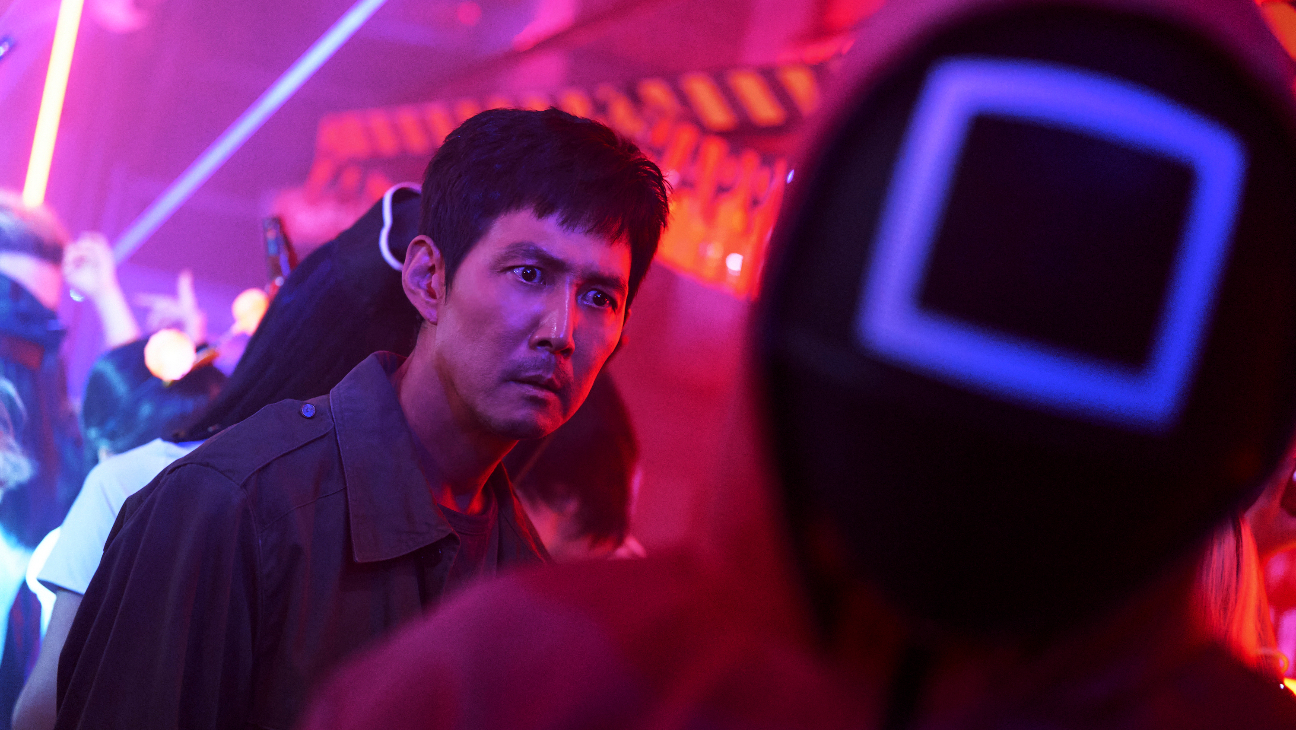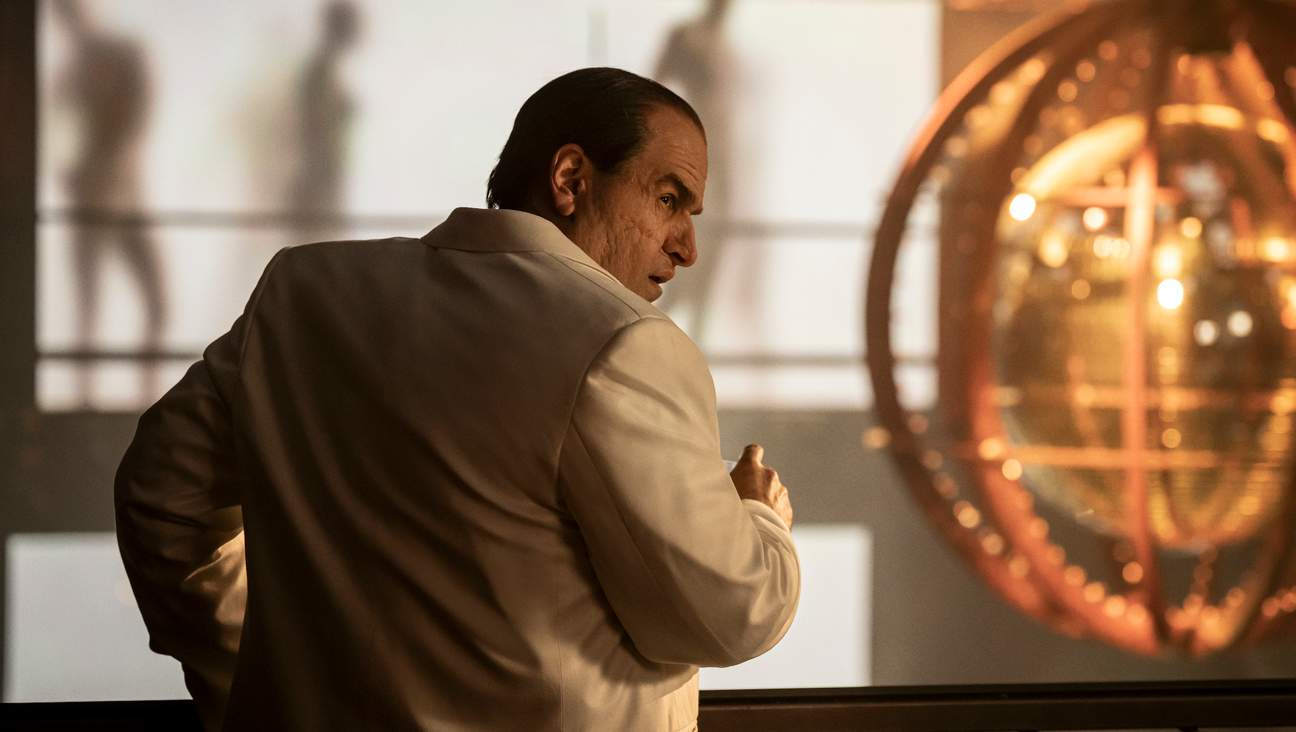In the vast cosmos of popular culture, few phenomena have left as profound a mark as Star Trek. Since its maiden voyage in 1966, this groundbreaking science fiction franchise has not only entertained millions but has boldly gone where no other series has gone before, shaping the cultural landscape, inspiring technological innovation, and promoting a vision of an inclusive future. Join us as we embark on a warp-speed journey through the impact of Star Trek on society and beyond.

Star Trek’s utopian future presented a diverse crew aboard the starship USS Enterprise. Creator Gene Roddenberry’s vision shattered racial and gender barriers, showcasing a bridge crew that included an African-American communications officer (Lt. Uhura), an Asian helmsman (Mr. Sulu), and a Russian navigator (Chekov) during the height of the Cold War. Nichelle Nichols, who portrayed Uhura, shared an iconic kiss with William Shatner’s Captain Kirk, marking television’s first interracial kiss.
Star Trek’s futuristic gadgets have a remarkable tendency to transition from science fiction to science fact. The series introduced communicators that bore a striking resemblance to modern flip phones, foreshadowing the development of mobile communication. Today’s tablet computers echo the design of devices seen in the hands of Star Trek crew members. The impact of these futuristic glimpses can be seen in the influence on technological pioneers like Steve Jobs, who cited Star Trek as a source of inspiration.
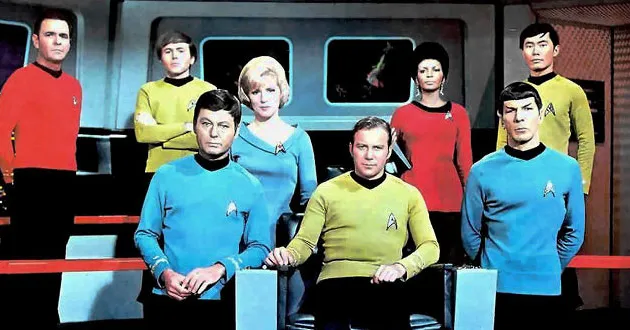
Beyond its adventurous space narratives, Star Trek was not afraid to tackle complex social and ethical issues. Episodes like “The City on the Edge of Forever” explored the consequences of altering history, while “Let That Be Your Last Battlefield” confronted racial prejudice through an allegory of black and white-skinned aliens. The franchise’s ability to engage with contemporary issues allowed it to resonate with audiences on a deeper level.
Star Trek played a pivotal role in the birth of organized fandom culture. The series’ cancellation after its third season prompted a fervent fan-led letter-writing campaign that successfully revived it for an animated series and eventually led to the creation of Star Trek conventions. These gatherings became a haven for fans to celebrate their shared passion, exchange ideas, and connect with the actors who brought the characters to life.
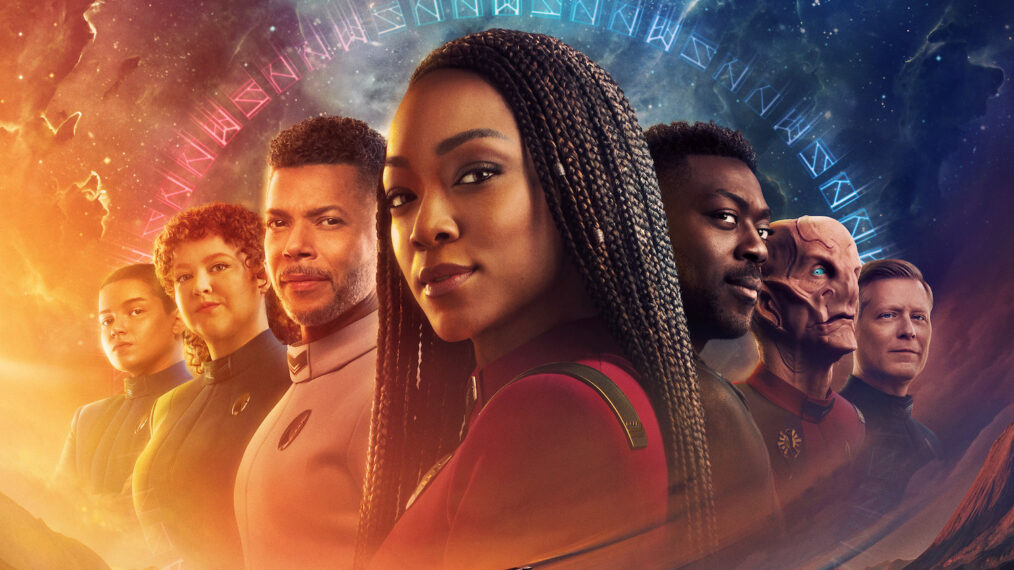
The Star Trek universe expanded beyond the original series with numerous spin-offs, including The Next Generation, Deep Space Nine, Voyager, Enterprise and newer series Discovery. Each iteration explored different facets of the Star Trek ethos, introducing new characters and dilemmas. The franchise also made a triumphant leap to the big screen with successful film franchises, bridging generational gaps and bringing the adventures of the USS Enterprise to new audiences.
Star Trek contributed numerous catchphrases to the global lexicon, such as Captain Kirk’s iconic “Beam me up, Scotty” or the Vulcan salute accompanied by the phrase “Live long and prosper.” These linguistic contributions became ingrained in popular culture, further solidifying Star Trek’s place in the collective consciousness.
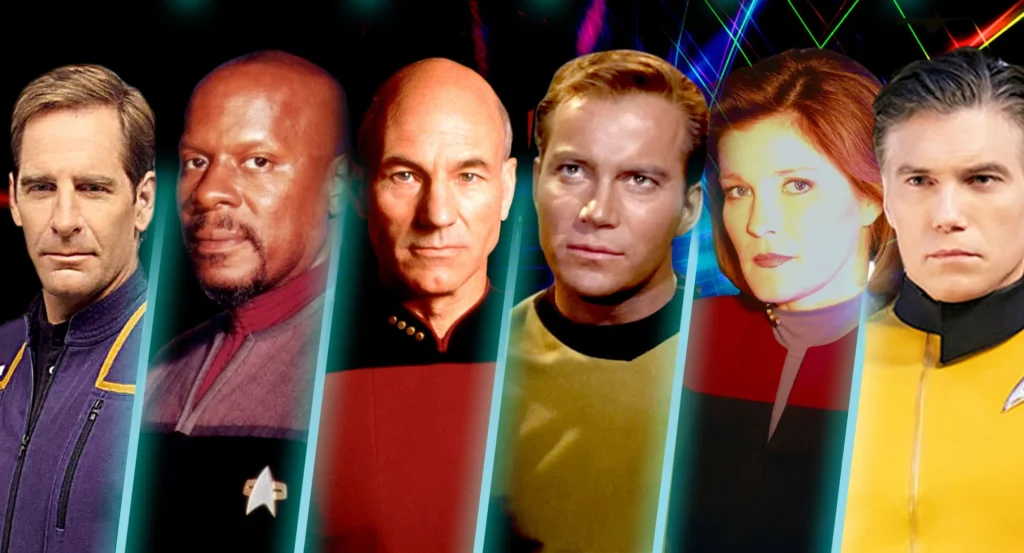
Beyond the silver screen and television, Star Trek has spawned an entire subculture of literature, comics, and games. The franchise’s impact on speculative fiction is immeasurable, influencing subsequent generations of creators and setting the standard for science fiction storytelling.
Star Trek’s impact on culture is akin to the vastness of the cosmos it explores. Its influence extends far beyond the confines of the television screen, shaping the way we view diversity, technology, ethics, and the limitless possibilities of the future. Star Trek has become a cultural touchstone, a beacon guiding humanity towards a future where exploration, acceptance, and discovery define the course of our shared journey through the stars.


